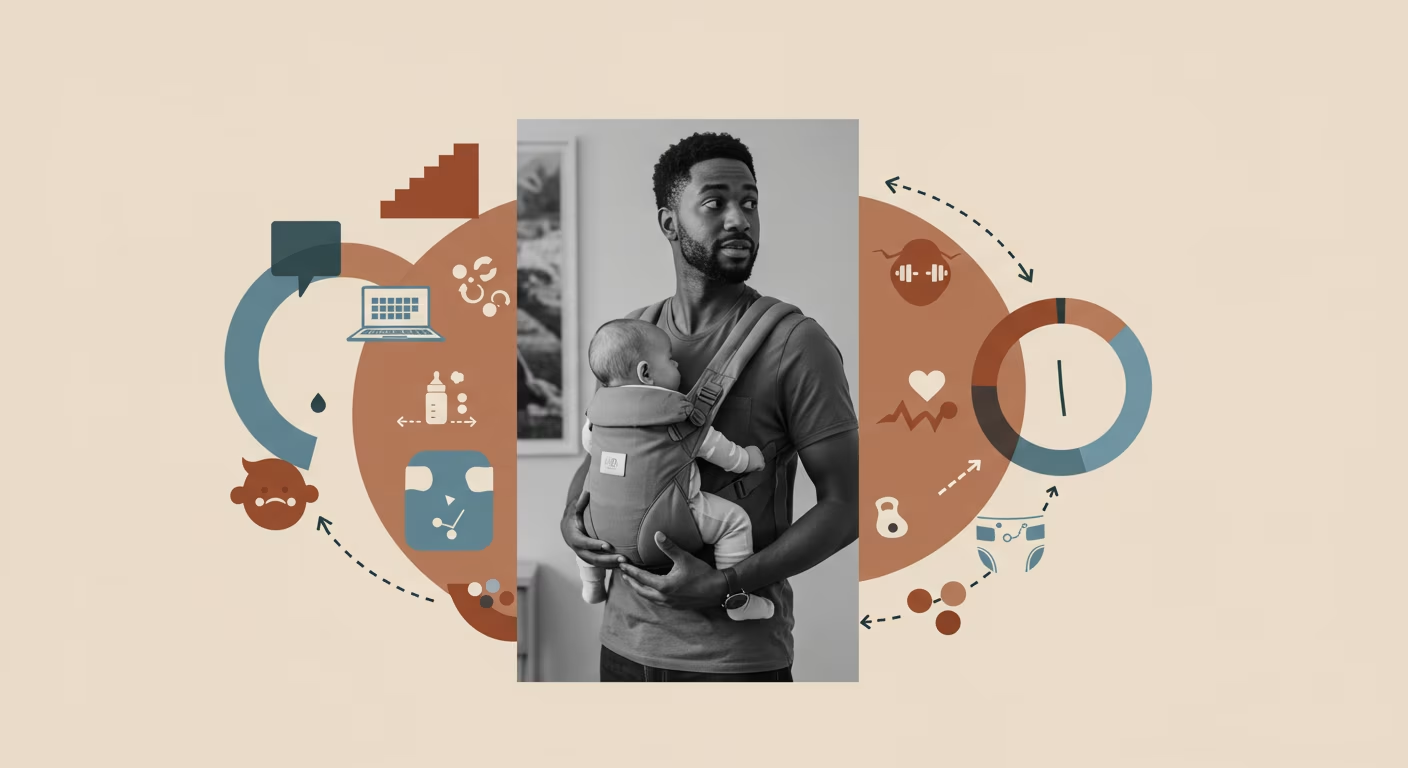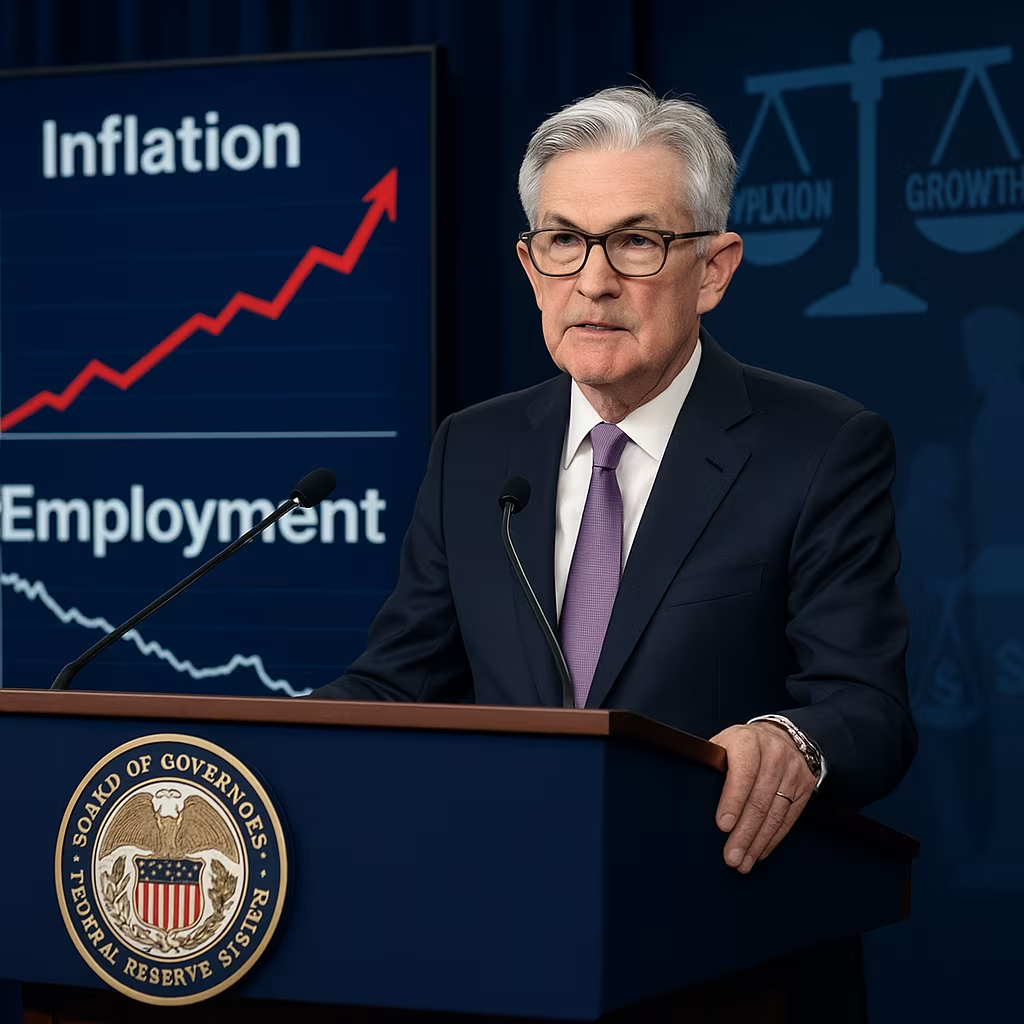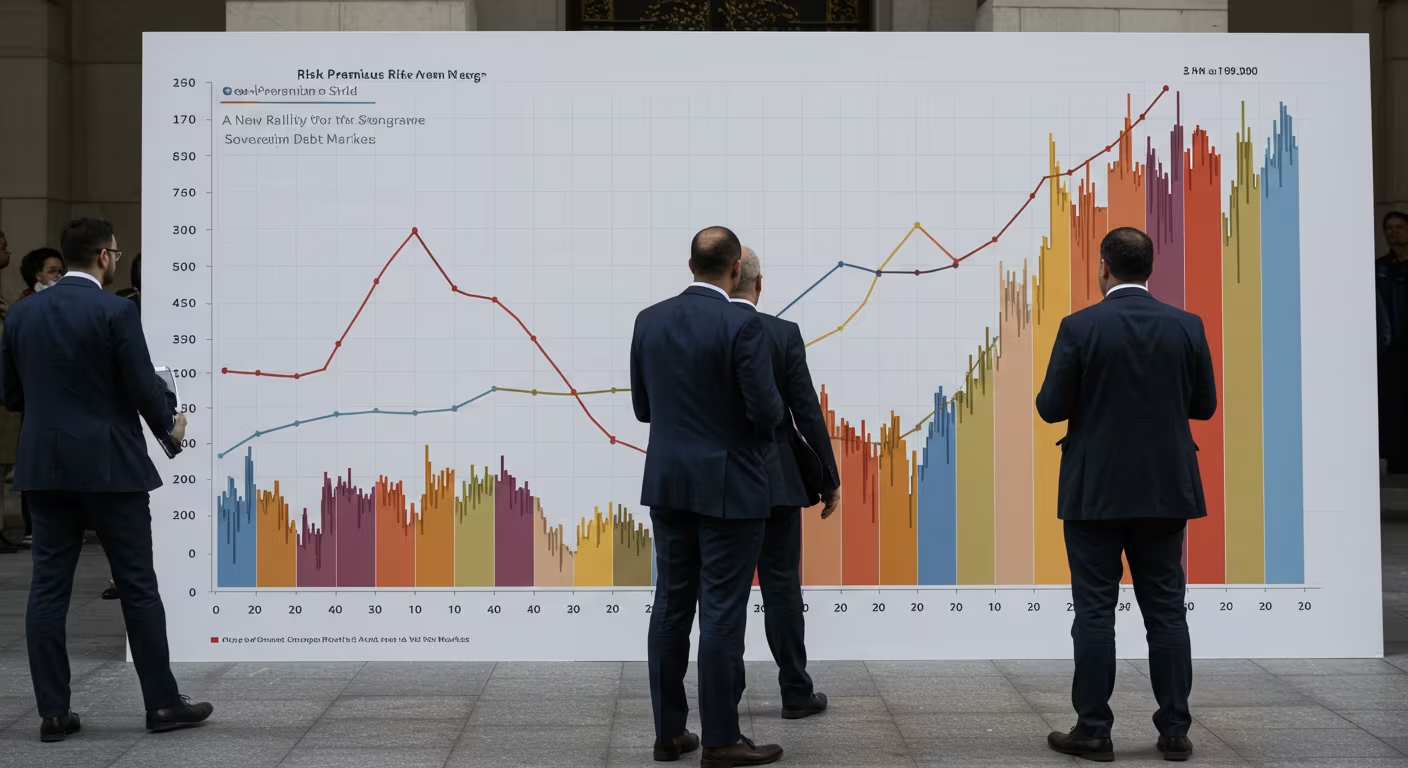A New Generation of Fatherhood
The image of the modern father is undergoing a transformation. For millennial dads — men born between 1981 and 1996 — the role of fatherhood has expanded far beyond that of a distant breadwinner. These men are attempting to share parenting equally, attend school functions, juggle thriving careers, and show up emotionally and physically for their kids every day. However, achieving this delicate balance is proving to be a monumental challenge.
According to a 2016 Pew Research Center study, today’s dads spend nearly three times more time with their children than fathers did in 1965. While this is a promising shift, the journey toward equally shared parenting is riddled with stress, guilt, and burnout. In a recent informal survey, dozens of millennial dads opened up about the challenges they face trying to “do it all” — being present fathers, committed partners, and successful professionals.
The Struggle to “Have It All”
Fatherhood today is an act of constant recalibration.
Millennial dads are striving to defy stereotypes. Many are deeply involved in their children’s daily lives, yet they still feel stretched thin. Nicholas Gilpin, 38, an entrepreneur and stay-at-home dad in California, explains the emotional toll:
“I want to support my family financially, grow my business, and be fully present with my kids — but doing all three at once is nearly impossible without burning out. The guilt is overwhelming.”
Joshua Harville, 35, a real estate agent in Texas, echoes this sentiment. For him, there are no “days off”:
“Everything is fluid. There’s turbulence, and sometimes you need help from grandparents, but that’s just how it is — fit it in when you can.”
For others, the daily grind includes juggling personal passions, like fitness, alongside parenting. Michael Schmutz, a 39-year-old bodybuilder and father of four in Salt Lake City, starts his days at dawn to prepare meals and train before shifting into full-time dad mode by afternoon.
Jason Schilling, 41, from Minneapolis, says his role as a dad means “late nights and early mornings” to ensure he never misses his kids’ events. Meanwhile, Ben McChesney, 41, made a dramatic shift by stepping away from his teaching career to prioritize fatherhood:
“I couldn’t meet the demands of both my job and my children. I chose to find a path that allowed me to be there for my kids.”
Sharing the Load: How Do Dads Divide Parenting?
Despite their best efforts, most fathers admit the goal of 50/50 parenting remains elusive.
- Gilpin reports doing 70-80% of daily tasks on weekdays, as his partner takes over on evenings and weekends.
- Harville, whose child is still nursing, estimates his share is about 35%.
- Schmutz splits the responsibilities “pretty evenly,” taking on about 40%.
- Schilling, who shares custody, handles 100% of the responsibilities when his kids are with him.
- McChesney describes a flexible split with his wife handling slightly more, but he takes on more of the household chores.
Even when dads want to do more, logistical challenges often get in the way. Breastfeeding, work travel, and unequal employer support can all tilt the parenting balance.
Employer Support: A Mixed Bag
One of the biggest obstacles for involved fathers is the workplace.
Gilpin, currently unemployed and working to launch his business, has flexibility but no formal support:
“No paid time off, and constant tension between work and parenting.”
Harville, who runs his own real estate business, says his schedule revolves around his child:
“My employer doesn’t have a choice — I’m the boss.”
Schmutz, as a self-employed consultant, feels the weight of being on-call 24/7 for clients. There’s no such thing as “clocking out.”
Schilling found success negotiating with his employer to prioritize fatherhood:
“I made it clear I’m a dad first. I even coached my daughter’s basketball team this season.”
McChesney now has more flexibility in IT, but recalls the harsh realities of being a public school teacher:
“Taking time off was frowned upon — especially in under-resourced districts with few substitutes.”
These testimonials paint a complex picture. While self-employment offers control, it also comes with risk and blurred boundaries. Corporate jobs may provide benefits but often lack empathy toward parental responsibilities.
The Mental Load and Emotional Toll
Burnout is a common theme.
Millennial dads are not only physically exhausted but emotionally drained. Trying to be everything — provider, caregiver, partner, and professional — leads to a constant state of inadequacy. Guilt lingers, especially when fathers feel like they’re falling short in one area or another.
Many dads are also pushing to redefine masculinity. They want to cry in front of their kids, express affection freely, and be emotionally available — roles that previous generations often avoided or discouraged.
This emotional labor is often invisible, yet it’s a massive shift in the expectations placed on fathers.
Why This Matters: Changing the Cultural Narrative
Millennial fathers are not just parenting differently — they’re hoping to change the narrative for the next generation.
By attending school events, participating in bedtime routines, and splitting diaper duty, they are reshaping what fatherhood looks like in American culture. The long-term goal is to normalize the idea that dads are just as capable, nurturing, and essential as moms in a child’s upbringing.
However, real change requires more than personal effort — it demands systemic support. Workplace policies, parental leave structures, and social expectations all need to evolve to match this new vision of shared parenting.
Redefining Fatherhood, One Diaper at a Time
Modern millennial dads are pioneers in a quiet revolution. They are rejecting outdated norms and embracing a more engaged, equitable form of parenting — but the road is tough.
Balancing work, personal passions, and the daily demands of fatherhood can feel overwhelming. Yet the willingness to try, to show up even when it’s hard, is what defines this new generation of fathers.
They are not perfect — and they don’t claim to be — but they are present. And in a world where presence is everything, that’s a revolution worth recognizing.





